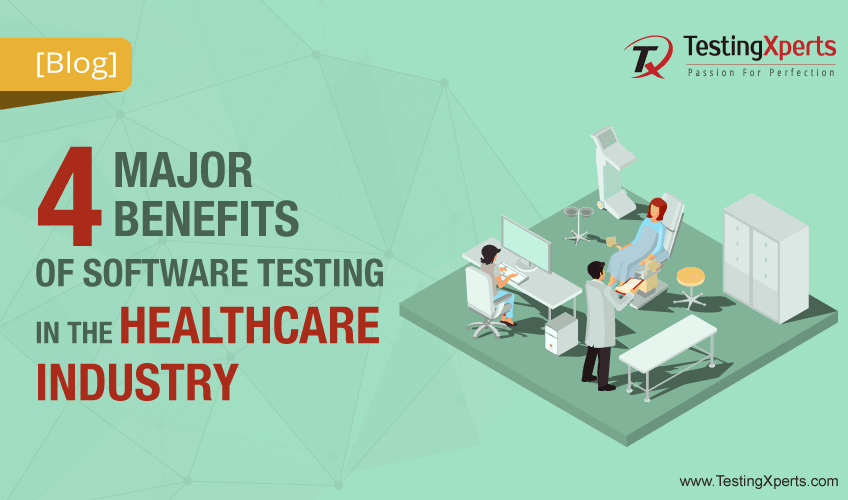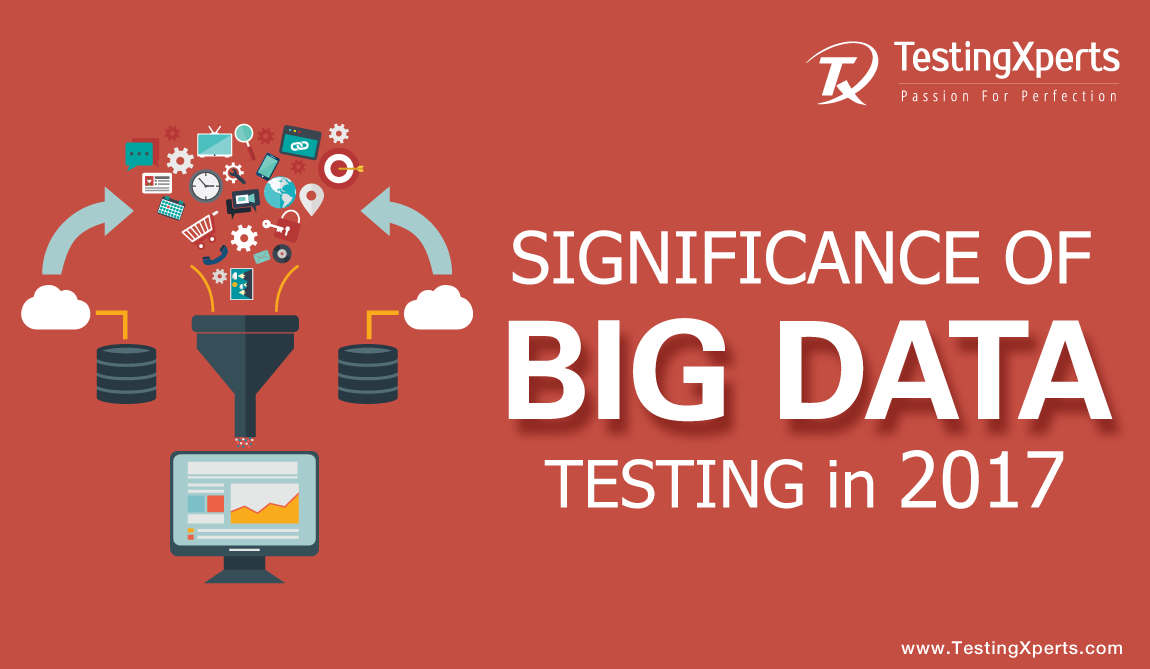
Technology trends and digital disruption is transforming the insurance industry immensely. Thus, insurers have been feeling distressed and pressurized to digitize their workflow, and also streamline business processes. These disruptions have been challenging the traditional ways by which the insurance agents and brokers have done business in the past.
To stay ahead of the curve, nsurance companies across the world have started embracing newer technologies including mobile and cloud-based options. Insurance companies globally are taking all possible measures to deploy innovative technology for developing business processes and streamlining legacy applications. Let us explore top technology trends being adopted lately.
Top Technology Trends Transforming the Insurance Industry
Cloud-based Infrastructure:
The insurance industry is executing a modernized workflow, which demands a considerable expansion in the use of technology and that can only be managed by means of hybrid and on-premise cloud infrastructure. The cloud-based infrastructure is guaranteeing flexibility to clients. Besides, it is also helping the insurance sector to comply with the evolving regulatory standards within the industry.
Leveraging Big Data and Analytics :
The current application driven economy is all about data. Insurance is an industry that is data-driven which produces huge amounts of structured and unstructured data. Thus, insurance companies are relying on the Internet of Things (IOT) to gather more and more data relating to the behavior of their clients. On the other hand, Big Data and Analytics help insurers take important decisions based on the analysis of gathered data.
Gartner, Inc. forecasts that “8.4 billion connected things will be in use worldwide in 2017, up 31 percent from 2016, and will reach 20.4 billion by 2020. Total spending on endpoints and services will reach almost $2 trillion in 2017.
Regionally, Greater China, North America and Western Europe are driving the use of connected things and the three regions together will represent 67 percent of the overall Internet of Things (IoT) installed base in 2017”
Source: Gartner, Press Release “Gartner Says 8.4 Billion Connected “Things” Will Be in Use in 2017, Up 31 Percent From 2016”, February 7, 2017.
The use of Artificial Intelligence (AI):
AI has been helping insurance companies develop systems that require manual processing and human intelligence. The advent of Artificial Intelligence in the insurance industry has made it easier for insurance agents to deliver efficient and flawless automation of existing claim processes. In the upcoming days, Artificial Intelligence will be more disruptive and will be used to evaluate and recognize emerging risks.
Gartner predicts that by 2020, AI will be a top five investment priority for more than 30 percent of CIOs.
Source: Gartner, Press Release “Gartner Says AI Technologies Will Be in Almost Every New Software Product by 2020” July 18, 2017
Automating Business Workflows:
The key to moving towards a digital environment and improving customer service is to automate workflows where required. While standard direct interaction may not be so common between insurance entities, however, their relationship with the client is as important. Intrinsically, insurers need more time to interact with their clients and less time scrolling down documents and sorting papers. This is where automation of workflows helps.
To implement these technology initiatives in the existing and continuously growing technology environment, software testing is imperative. To be able to cope with the cumulative intricacies of systems and applications, insurance companies need a reliable testing partner.
Conclusion
TestingXperts (Tx) is extensively helping global insurers in their digital transformation and helping them deliver improved customer experience and gain competitive advantage. Tx’s testing services portfolio and unparalleled track record have proved it as a preferred technology partner for the Insurance clients. Connect with us to know more about our testing services specific to the insurance industry.
Discover more
Get in Touch
Stay Updated
Subscribe for more info





